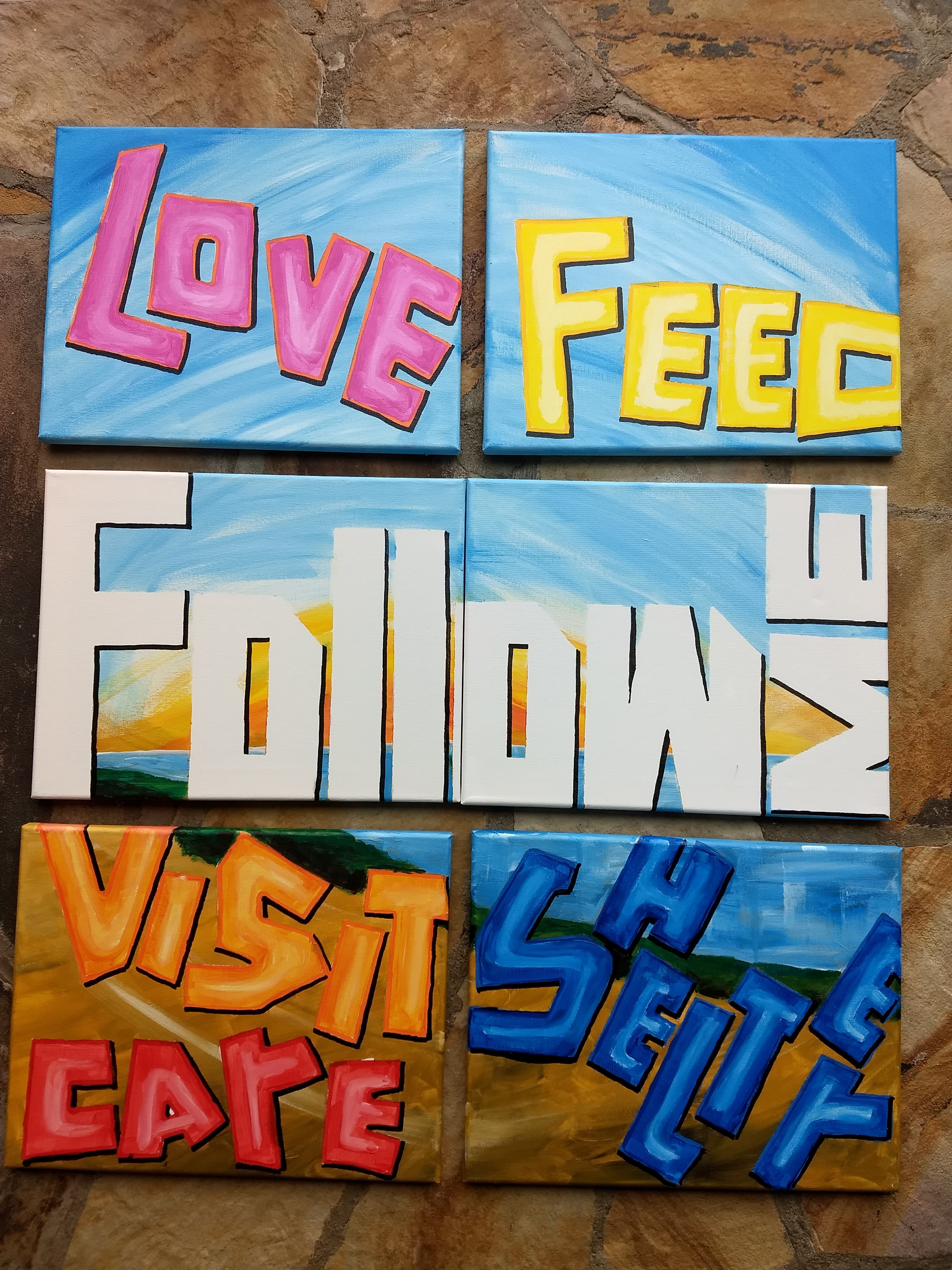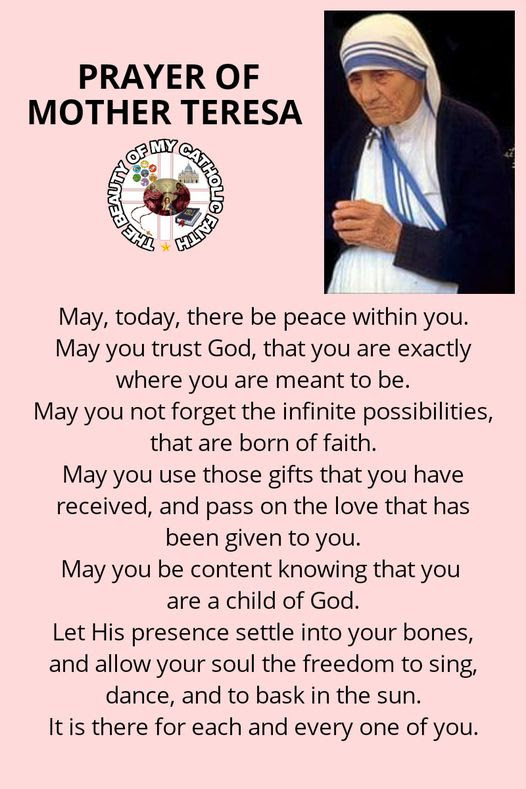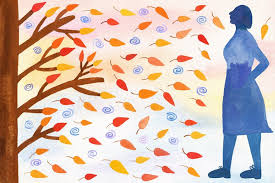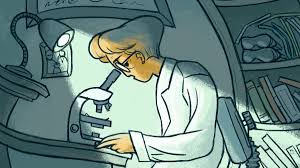Second Sunday in Ordinary Time
“Do whatever he tells you.” Jn: 2:5
Everybody loves a wedding.
The affection so ardently expressed by the bride and groom, the festive dresses, the handsome tuxes, the glorious flowers, the sacred music, the thrilled gathering of family and friends, the heartwarming laughter that fills the halls of the reception, the spontaneous dancing that motivates everyone to join in … all of it creating a time of cherished joy and delight.
And let us not forget the wine. Mary certainly didn’t!
John, the author of this gospel reading, tells us that the God revealed in Jesus manifestly broke into human history at a wedding feast – during all the joy and dancing and laughter.
John even suggests that this supreme expression of human love best reveals who God is – caring, spontaneous, joyful – a Person who wants nothing more than to be in infinitely loving communion with each of us.
It’s something like an abundant overflowing of wine. But it is even more!
And it’s through the words of Mary, Jesus’ mother, that we find out what that “more” is.
Amid all the festive happiness, it seems that a problem has arisen. Mary is the first to notice it and she immediately informs Jesus that something very important is missing: the wine.
Jesus’ response is strikingly abrupt, even rude:
“Woman, how does your concern affect me?”
This is certainly not the sort of response one would expect from a son to a mother, especially from Jesus to Mary.
But, if the reply of Jesus to his mother is surprising, even more so is her reaction. Mary does not allow his remark to deter her. Instead, she tells the servants – and, by extension, you and me –
“Do whatever he tells you.”
Doing what she did, Mary became the first person to show that the profound response to the presence of Jesus is trust – trust in his word; trust in his self-surrender; trust in his relationship with Abba, his Father.
It is Mary’s trust that actually sets the stage for Jesus’ first miracle.
In doing so, the mother of Jesus is the first to show each of us what true belief in Jesus looks like. It looks like trust that is unconditional, even in the face of apparent rejection.
Mary also helps us comprehend the meaning of the action Jesus took as a result of her direct intercession.
The old wine of God’s message through Moses has lost its flavor.
The stone jars representing the “way things have always been done” as the empowering force of their faith life have become empty.
The religion of the past has been watered down. It’s lost its vitality, its energy, its authority.
What was needed was new “wine,” a new view of God and God’s extravagant love that would fill each of us to overflowing. What was needed was a “wine” that would welcome the Spirit and bring our lives a dynamism and a liveliness that would animate the world we live in.
The wine that “overflows” symbolizes our need for a transformative influence in each of our lives.
It tells us that we need something inherently powerful that will wake us up, focus our minds, warm our hearts, strengthen our wills, and impel us to move away from the stone jars of watered-down enthusiasm, stone jars that leave no room for us to stretch and grow so that we can begin to feel again the joy of the wedding dance and the thrill of the great message of extraordinary, boundless love that God has for each of us.
Mary was the first to understand that with her son, Jesus, everything was different. The fear of God’s judgment had given way to the “joy of clinging to God, the friend of life and love,” as one scholar puts it.
Mary shows that this whole new way of living begins with trust – the kind that comes from drinking the new wine of doing “whatever he tells you.”
Ted Wolgamot, Psy.D.







